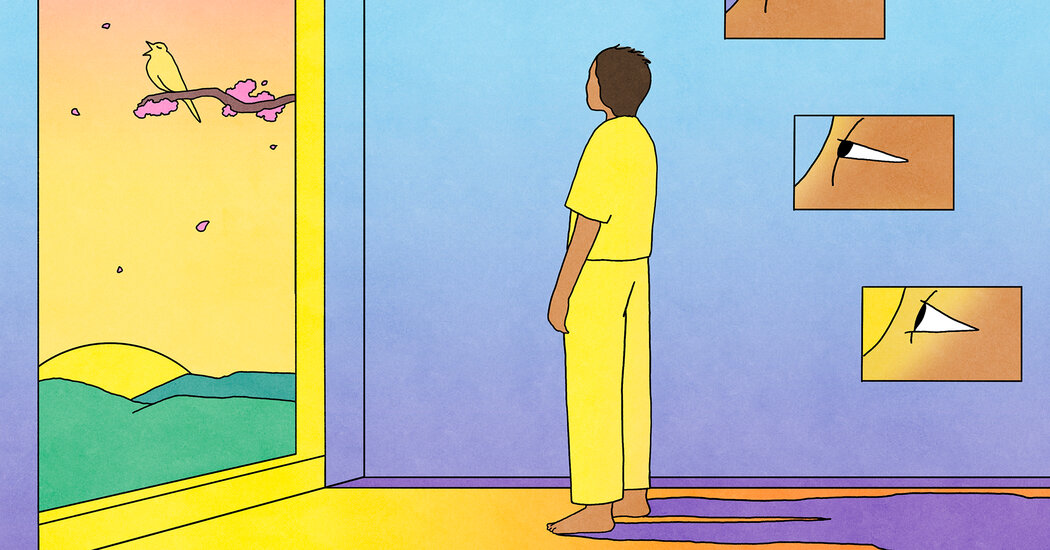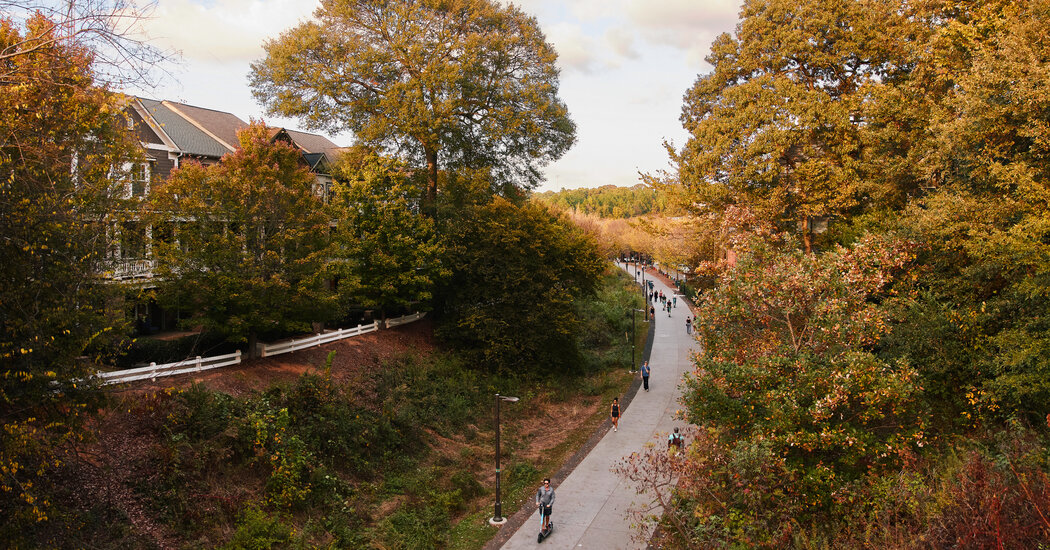Daffodils are blooming, temperatures are rising, days are lengthening — all sure signs of spring. But another, less welcome change is afoot: At 2 a.m. on Sunday, most people in the United States will “spring” their clocks forward by one hour.
For many of us, this transition is more difficult than it is when we “fall back” in autumn, in part because we lose an hour of sleep, said Dr. Rachel Ziegler, a sleep medicine physician at the Mayo Clinic Health System in Minnesota.
“But really, it’s much more than that,” she said, because the clock change also shifts the timing of sunrise and sunset. After we spring forward, the mornings will be darker and the evenings will be lighter, making it more challenging to both wake up and fall asleep.
In fact, this can create a monthslong mismatch between our internal clocks and our school and work schedules, leaving many people chronically short on sleep, said Dr. James Rowley, president of the American Academy of Sleep Medicine. This is why the organization supports the elimination of daylight saving time altogether, he added.
But for now, we’ll have to spring ahead. Here’s what you can do to make this change a little less painful.
Prioritize your sleep before Sunday
One of the best ways to guard against the disruption is to get enough sleep — usually defined as seven or more hours if you’re an adult — for at least a few nights before the clock change, said Michael Grandner, director of the sleep and health research program at the University of Arizona.
That way, “you’re coming from a place of strength,” not sleep deprivation, he said.
The time change can be especially hard on those who wake up early during the week but sleep in on the weekend, Dr. Rowley said — creating what scientists call “social jet lag.” If you are one of those people, try to avoid sleeping in this weekend, he said, because the time change will add another hour of “jet lag.”
Gradually shift your sleep and meal routines
Starting at least a few days before the time change, try going to bed and waking up about 15 minutes earlier each day, said Jade Wu, a sleep psychologist and researcher at Duke University School of Medicine. This can help ease the transition, she said.
“It’s almost as if you’re biking across time zones rather than flying across time zones,” she said.
Moving your mealtimes up in the same way can also help your body’s internal clock adjust, Dr. Rowley said.
These incremental shifts can be especially helpful for those who struggle with changes to routines, like small children and adults with dementia, Dr. Wu said.
Have a ‘Sunday Funday’
Consider planning some fun activities for Sunday, Dr. Wu said, especially if daylight saving time tends to make you feel irritable or down.
Spending time outside, exercising or socializing with friends can help prevent a low mood, Dr. Wu said. And having a more active day will likely help you fall asleep earlier on Sunday night, setting you up for a better Monday, she added.
Soak up the morning light
During the days following the change, try to get as much morning light as you can, Dr. Grandner suggested. Light signals to your body that it’s time to wake up, which can help you adjust to the new clock time, he added.
Open your blinds and sit by the window for a few minutes, or take a morning walk, he said. If it’s still dark when you wake up, turn on the bright lights in your home, or consider using a light therapy lamp.
Take care with caffeine and alcohol
Caffeine can help you wake up and adjust to the clock change in the morning, Dr. Ziegler said. But remember that you also have to adapt to an earlier bedtime, so try to avoid having caffeine after 3 p.m., or earlier if you’re sensitive to caffeine, she added.
People are sometimes tempted to drink alcohol to help them fall asleep, Dr. Grandner said. But this strategy can backfire, since alcohol can cause you to wake up more often throughout the night, leading to a less restful sleep.
Plan for nourishing meals
If the daylight saving time transition leaves you sleep deprived, you may feel hungrier than usual or have more cravings for less healthy foods, said Frank Scheer, a neuroscientist at Brigham and Women’s Hospital in Boston. To help offset those hankerings, plan to have balanced, satisfying meals with plenty of fiber and protein for at least a couple of days after the time change, he said.
Be kind to yourself
If daylight saving time sneaks up on you before you’ve had time to prepare, that’s OK too, Dr. Wu said. “You just have to be accepting that you might feel really crappy that first Monday.”
According to a 2019 online survey of about 2,000 U.S. adults, more than half said they felt “extremely” or “somewhat tired” after the spring clock change.
If it helps at all, Dr. Wu said, know that you’re not alone.







